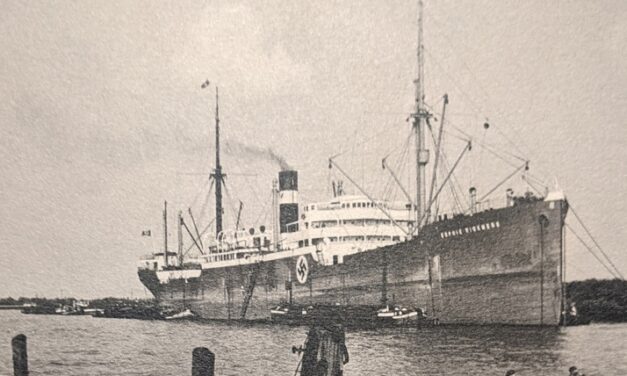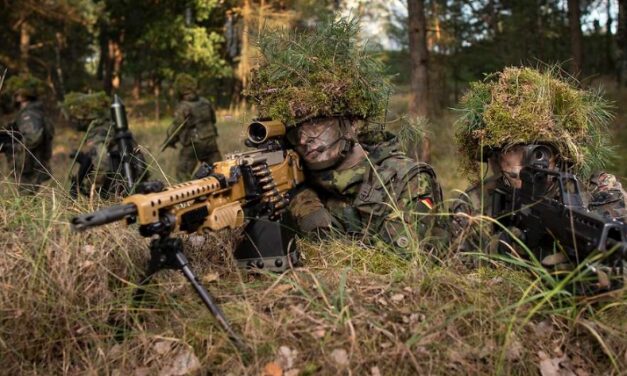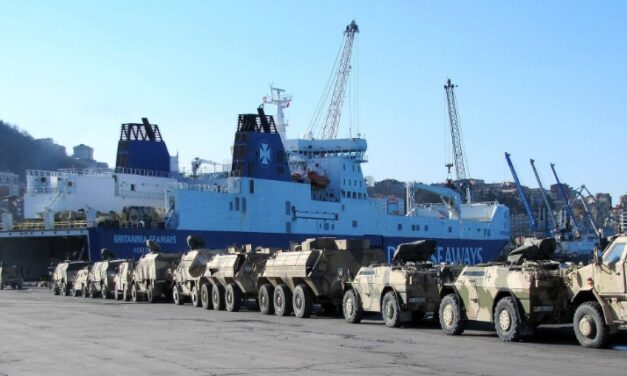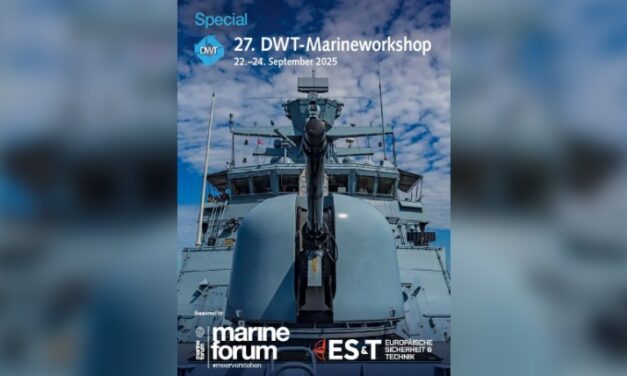Banished to paradise
Countless German cargo ships were abroad at the beginning of the Second World War, denied a way back home. In Indonesia, the crew of the Sophie Rickmers waited for better times. Numerous German merchant ships were confiscated by the Dutch authorities after the occupation of the Netherlands by the German Wehrmacht in 1940. One of them was the 7033BRT freighter Sophie Rickmers. The largest ship of the Rickmers shipping company in Hamburg when it was launched in 1920, it was deployed on its Siberia line and in the East Asia trade, which was to be its undoing when the Second World War broke out. Pursued for weeks by a British destroyer, marineforum digital+ gives you access to...
Weiterlesen






Latest comments